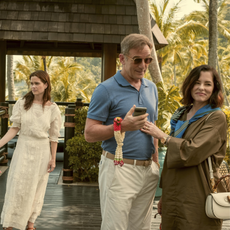Falling in love when you have autism: 'It's like being on the same first date for 20 years'
Growing up with undiagnosed autism, Laura James had no idea how to handle love, until she met and married her neurotypical partner, Tim.
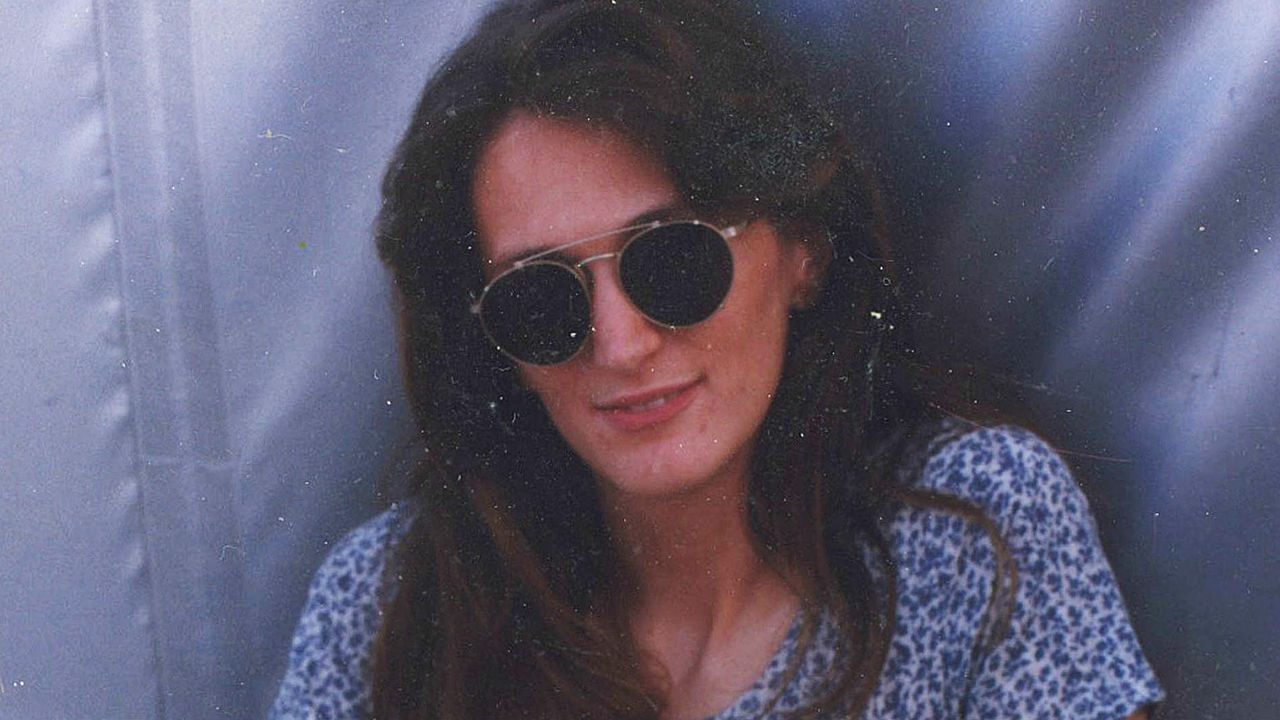
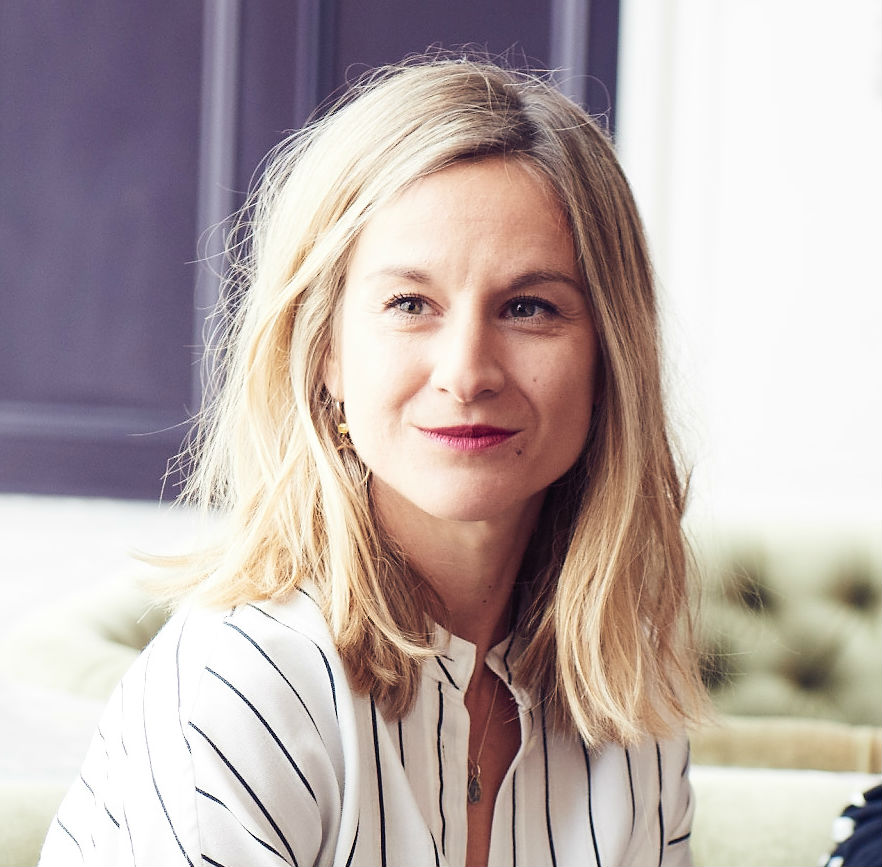
Growing up with undiagnosed autism, Laura James had no idea how to handle love, until she met and married her neurotypical partner, Tim.
There are 700,000 people in the UK living on the autism spectrum, according to the National Autistic Society, but as many as 42 per cent of women with autism spend decades of their lives struggling to get a diagnosis. Here, Laura James, now 47 and author of Odd Girl Out (Bluebird, £8.99) explains how it feels to love, date and marry when you have autism without realising it.
'I struggle to name and understand my emotions, so from early on in life, I have always split them into two categories: There are the good ones that are pink and soft. Then there are the bad ones, which are sludgy green, and feel jagged and dangerous. Love is confusing as it often comes with both these feelings.
Like many teenage girls I was obsessed with love. From 15, I was enchanted by a boy who lived a few streets away and who seemed only intermittently to notice me. He had everything I thought a boy should have: Irish roots, blue eyes and a detachment that acted like catnip to my teen self.
I would spend hours getting ready to "casually" bump into him at the coffee shop where he worked or at various gigs I knew he’d go to. We’d often go back to his parents’ house, where we lay on his bed listening to Bob Dylan. We were together but not together, almost pretending the other wasn’t there. We were friends, but it was unlike any other friendship I had. It always hovered on the edge of being more, but had it have gone any further I would have bolted.
"My undiagnosed autism had informed this seven-year crush"
It turned into a seven-year crush and, looking back, I can see it was informed by my then-undiagnosed autism. Other girls would have flirted fiercely or got bored and moved on to another boy. In retrospect, I think I liked the security of this pseudo relationship, where I could project my romantic fantasies on to someone without having to deal with the confusing mess that is the reality of many true relationships.
I (like many other women and girls with autism I have spoken to) found teenage dating and romantic entanglements difficult to fathom. We can lack social imagination and there seemed to be so many unwritten rules. If you liked someone, you were meant to pretend that you didn’t. It was all so confusing.
Marie Claire Newsletter
Celebrity news, beauty, fashion advice, and fascinating features, delivered straight to your inbox!
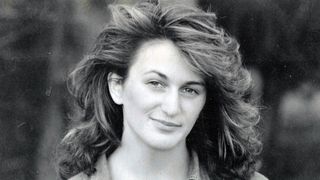
Many people with autism have intense interests and sometimes these can be focused on individuals. An autistic special interest can be all-consuming. Mine are usually relatively benign subjects, such as politics or fashion, but during the time I focused on this boy, he was literally all I could think about. If he had tried to kiss me though, I would have run a mile. Autistic girls often grow up more slowly than their neurotypical counterparts, and I simply wasn’t emotionally ready to have a relationship.
It’s often said that one of the main autistic emotions is fear and meeting someone new and knowing it could turn into a relationship is a terrifying concept for me. I would wait by the phone longing for it to ring and then, as soon as it did, I would be too scared to answer in case it was the object of my affection so I would just leave it ringing.
I felt this same sense of yearning and fear when I met my husband, Tim, ten years later. It was in rehab, a cold, bleak, scary place where I clung to the idea of him as if he were a life raft. He was suffering a vicious bout of depression. I had been admitted for a prescription drug addiction resulting from a misdiagnosis, something worryingly common for women with autism.
My husband says: "Its like being on the same first date for the past 20 years”
The stereotypes for autism are so strong and so based on the male model that medical professionals often fail to spot it in women, instead misdiagnosing them with mental health conditions such as Bipolar Disorder or Borderline Personality Disorder. If they are unlucky enough also to have physical health issues, such as Ehlers Danlos Syndrome (a connective tissue disorder, often seen in autistic women), they risk being written off as hypochondriacs or, in extreme cases, told they have Munchausen syndrome. I was misdiagnosed with Hyperventilation Syndrome and prescribed tranqulisers. That is one route to addiction, another is the alcohol and drugs that some autistic women use to ease social anxiety.
There is a forced intimacy in the cocoon of a psychiatric hospital, a soothing rhythm to the day and – somewhere between group therapy and a 12 steps meeting – I fell in love. I knew the feelings were different to what other people experienced. But again I was gripped by longing and terror.
I would wait for hours in the patients’ kitchen, hoping to get a glimpse of Tim, and then feel sick with fear as soon as I saw him. I would have imaginary conversations in my head, but struggle to engage with him when he was right there in front of me. The reality simply didn’t match the experiences of the heroines in the Jilly Cooper and Marian Keyes books I voraciously devoured at the time.
Somehow it worked and we dated and eventually married, although even today ours is a different kind of relationship. Tim has said it is like “being on the same first date for the past 20 years”. It is, he explains, the strange dichotomy of my need for structure and sameness and his failure ever to quite get into my head.
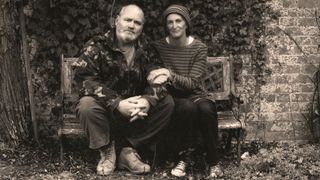
I like to live in what Tim calls "the grey". It’s where I feel neutral. Any extremes of emotion leave me feeling de-stabilised. Falling in love can be full of highs and lows, and early on it left me exhausted and out of sorts. I knew, though, that my relationship with Tim was worth pursuing. It was initially uncomfortable, but because we got on so well, had so many shared interests and because he was funny and clever and unlike anyone else I had ever met, we somehow just got each other. Eventually, at least.
Unaware of my autism and completely different to me in terms of personality, Tim was loud and excitable and constantly lusting after adventure. While I craved the neutral, he wanted excitement and volatility. It shouldn’t have worked as a relationship. We are opposites. He is driven by emotion and is fiery, passionate, creative. I need life to be lived at one volume. He thrives on the kind of peaks and troughs that leave me longing for a dark room.
"We are married and very happily so, but not in the traditional sense"
I once suggested going to Devon for a weekend and within 10 minutes Tim had gone from researching B&Bs in Salcombe to looking at trips to the Arctic Circle and trying to persuade me to take three weeks off work for “the trip of a lifetime”. He needs newness constantly and cannot much see the point in going to the same place twice. I love sameness and will always try to sit at the same table and order the same dish in the same restaurant.
The turning point came with a startling realisation: we don’t argue. Ever. Early on in our marriage I was terrified of any sign of anger on his part. Even mild irritation left me quaking. I would shut down and not respond. In the end, we found a way to be and we haven’t had a cross word for more than a decade.
Years ago, Tim would snap over something small and I would retreat upstairs and not come down until I knew he had either gone out or had calmed down. I simply didn’t engage. Now he no longer even considers getting cross; he knows nothing will come of it. Problems are discussed calmly and solutions negotiated. Anything else seems bizarre to me. Why would anyone want to scream and shout at the person they love?
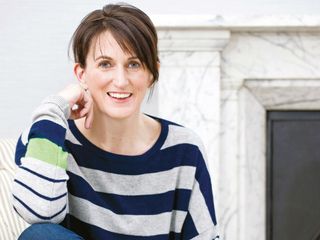
We are married and very happily so, but not in the traditional sense. We rarely go out with other couples. Instead, we spend time at home, together but separate. He makes music while I immerse myself in whatever special interest is enchanting my brain at any given time. I make no demands on him and bristle when he presses me to do something. But it works. There is a kindness in our relationship that is rare and precious.
A few weeks ago, we went shopping together for a sofa for our new house. Overwhelmed by the sensory overload of John Lewis on a busy Saturday afternoon, I turned to Tim and said, “please make it stop”. He knew what I meant. “I know,” he joked, “it’s awful – it’s just like being married.”
Odd Girl Out by Laura James is out now (Bluebird, £8.99)


